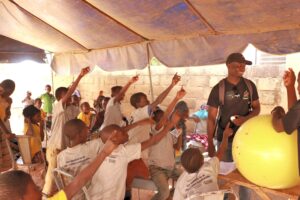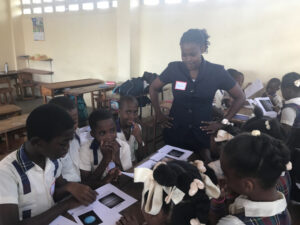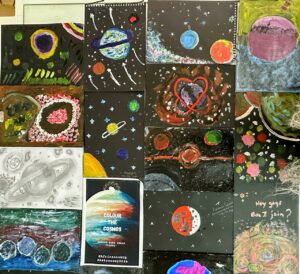Astronomy has grown significantly in recent years and the amount of scientific data available online has exploded. Astronomers have been doing data mining for centuries, characterizing the known, assigning the new and discovering unknowns. These skills are more critical than ever especially with new facilities coming online. We are now entering a data intensive research era. Virtual observatories (VO) have been set up across the world and data are accessible publicly. Nowadays, one does not need to build an instrument to do astronomy, but rather to start with an idea, explore the internet world to gather as much information as possible and then solve or contribute to a problem. On the African continent, the access of data via the internet is still problematic but the future seems more promising, with new world class facilities coming up such as the SALT, HESS and SKA. However, there is a scarcity of trained astronomers to pass on the research philosophy and methodologies to others. The Joint Exchange Development Initiative (JEDI) is a concept to enhance development and education via direct transfer of skills and expertise in any specific field. It is an initiative to provide development via joint exchange among stakeholders. This is achieved by bringing stakeholders: students, postdocs and staffs together in an informal but intense research environment to tackle unsolved problems for e.g. in Astronomy. The JEDI has a very scalable concept. JEDI have been carried out among undergraduate students, postgraduate groups and very recently among staff scientists from all around the world through the SuperJEDI meeting in Mauritius in 2013. We propose to host JEDI workshops in Mauritius and Namibia for 2014.








